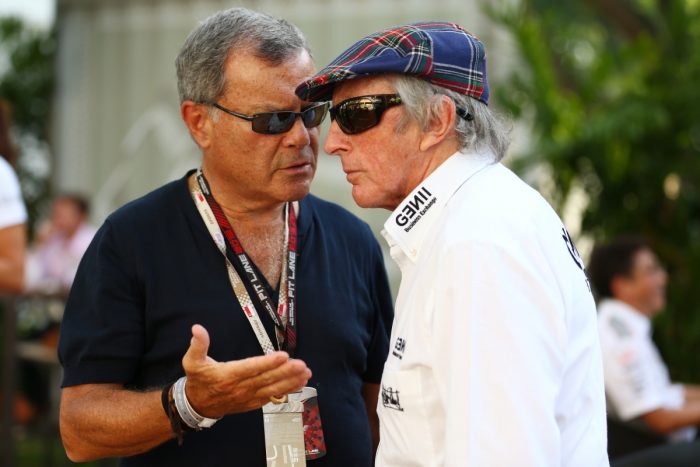
Advertising and marketing executive Martin Sorrell, who also sits on the board of Formula 1's holding company, believes Grand Prix racing is still an attractive proposition for sponsors and that Bernie Ecclestone has been right to branch the sport out to markets beyond Europe.
Martin Sorrell is a long-term Formula 1 fan, having been involved in the sport as far back as 1968, when he looked after Jackie Stewart.
As the CEO of multinational advertising and public relations company WPP, Sorrell's view on the marketing and future of Formula 1 is often sought and listened to.
While he admits the sport could always do better, he believes the current franchise remains in a healthy state and still has a great global appeal for sponsors and marketers, and fans worldwide.
"Monaco was my first race of the season and I spoke with a number of people and all seemed to be very optimistic," Sorrell told Formula1.com.
"And one of the reasons why they are optimistic is that there is more competition. Red Bull has become more competitive, the races have become more attractive - and that is what fans want!"
"For a company interested in a global platform there are only three sporting events: probably the most powerful - or equally powerful - are the World Cup and the Olympics, and then Formula One.
"And there it gets interesting. If you look at the sponsorship yields, Formula One - because it happens every year - generates more sponsorship money for a four-year cycle than anybody else. So it is very powerful."
Bernie Ecclestone is often criticized for exporting the sport, in exchange for a hefty franchise fee, to far exotic countries which have no tradition in motorsport, let alone a historic link with Formula 1.
But Sorrell believes that F1's supremo has been right to branch out globally, and ultimately follow the desires of marketers and their clients.
"The fast growing markets - the BRICS and Next Eleven - are the key. The next billion consumers are not going to come from the US or Western Europe - they are coming from Asia, Latin America and Africa.
"The challenges some European economies have are such that it makes it very difficult for them. You have to go where the growth is.
"That goes for my business, as it does for Formula One. When I think back to 2005, what we call the fast growth markets were probably ten percent of our business. They are now 31 percent."
Alex Wurz: Let's get back to extreme track designs
From the cockpit: Felipe Nasr on a controversial Monaco Grand Prix
Keep up to date with all the F1 news via Facebook and Twitter






